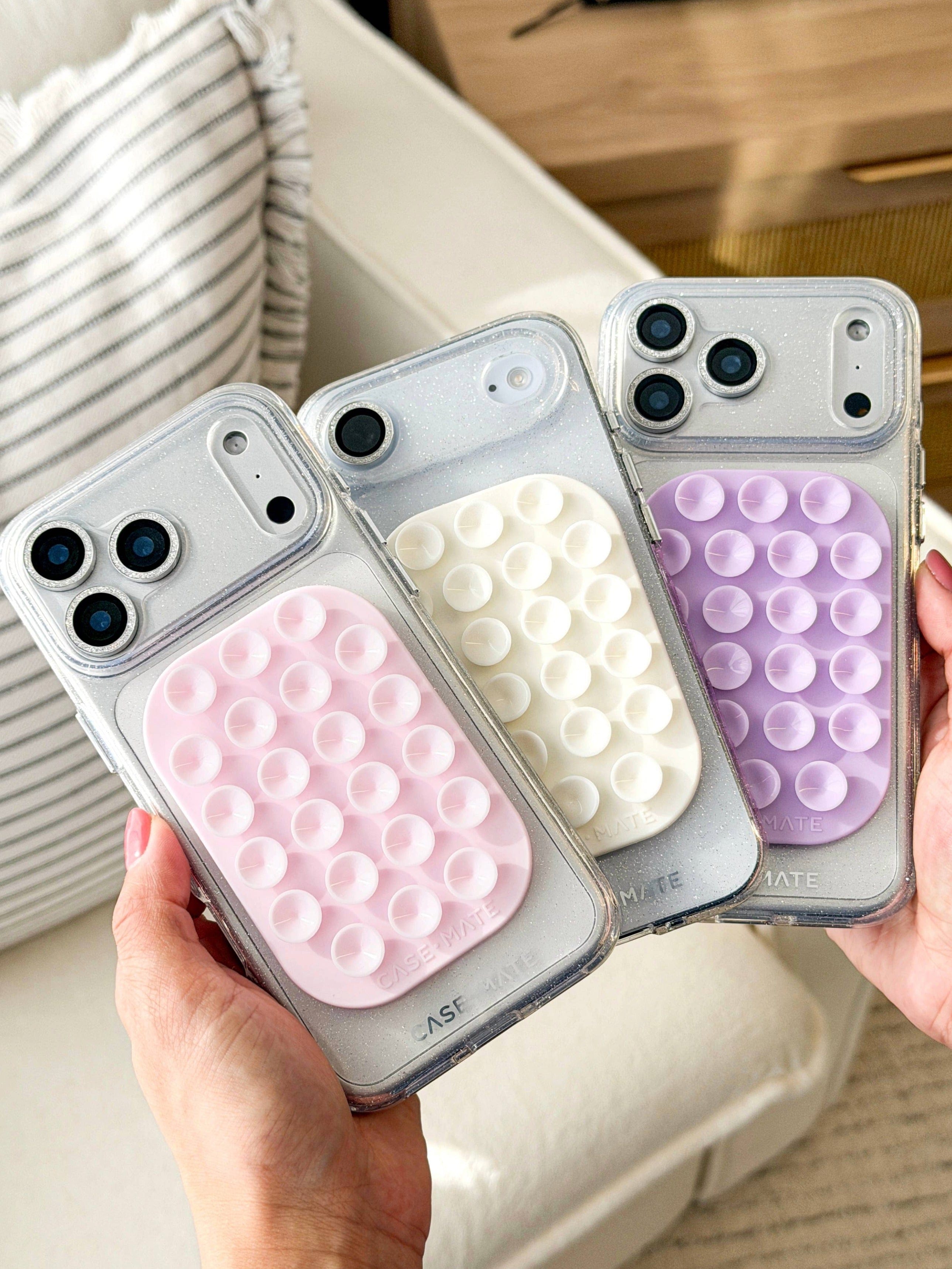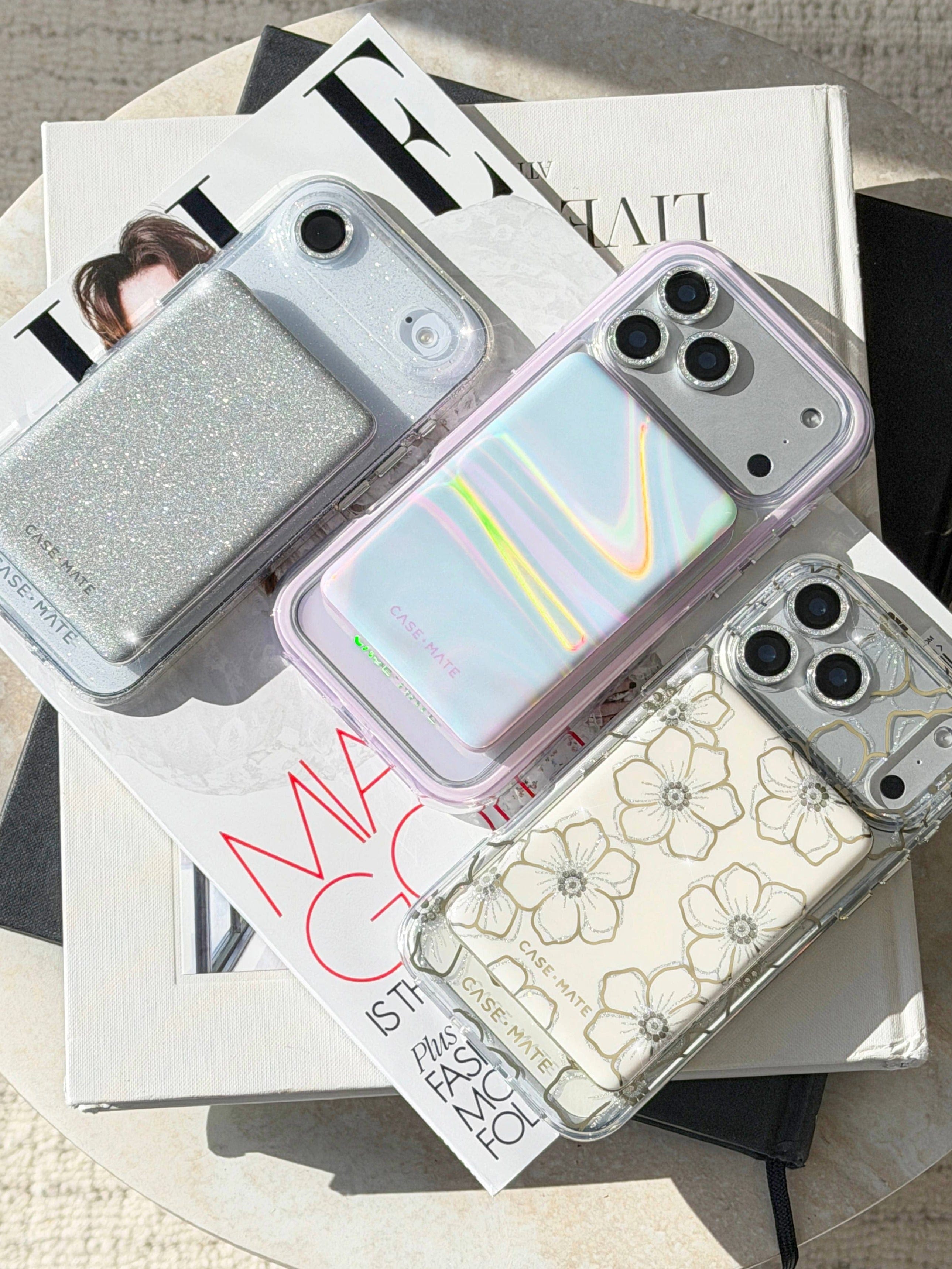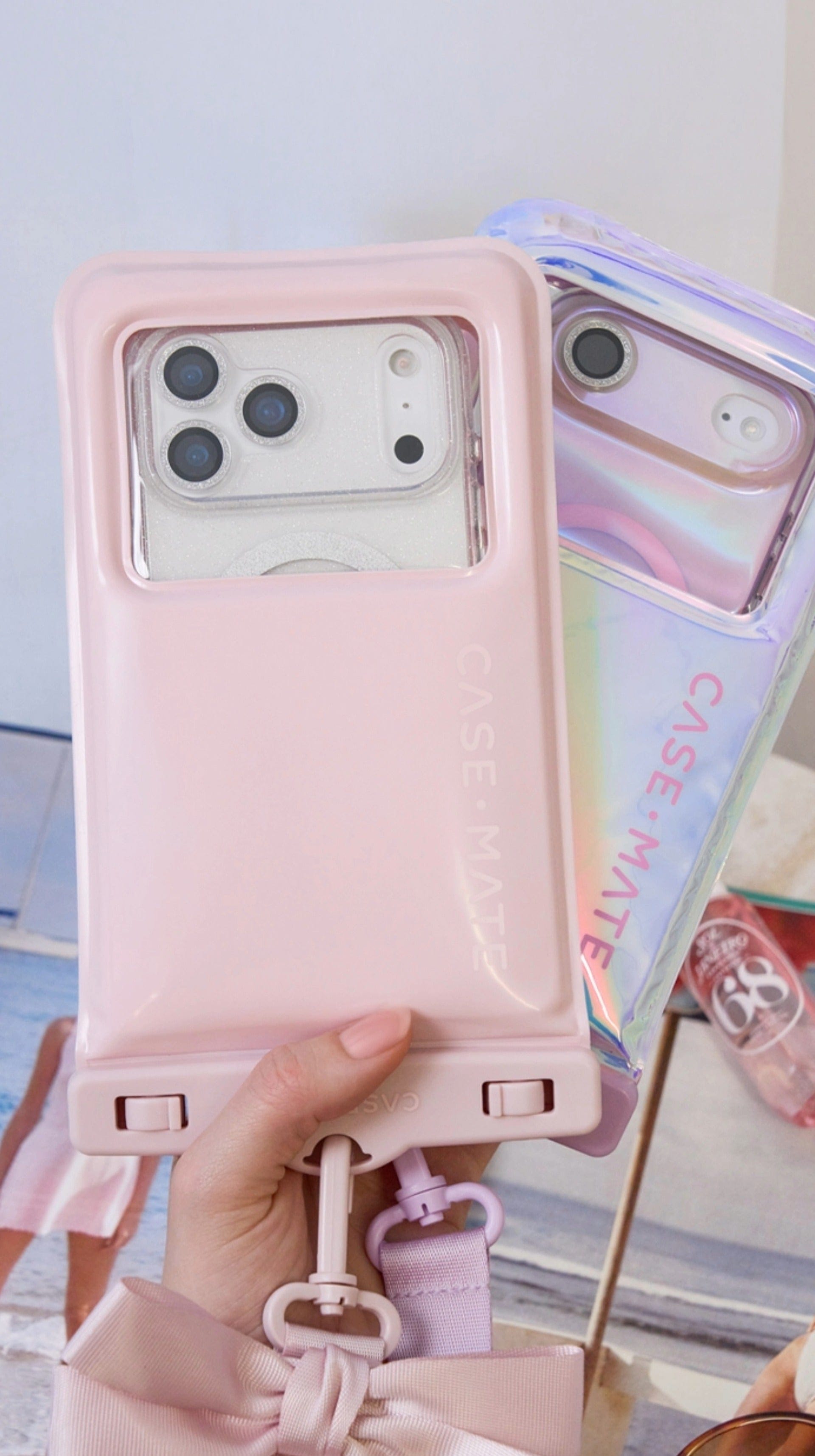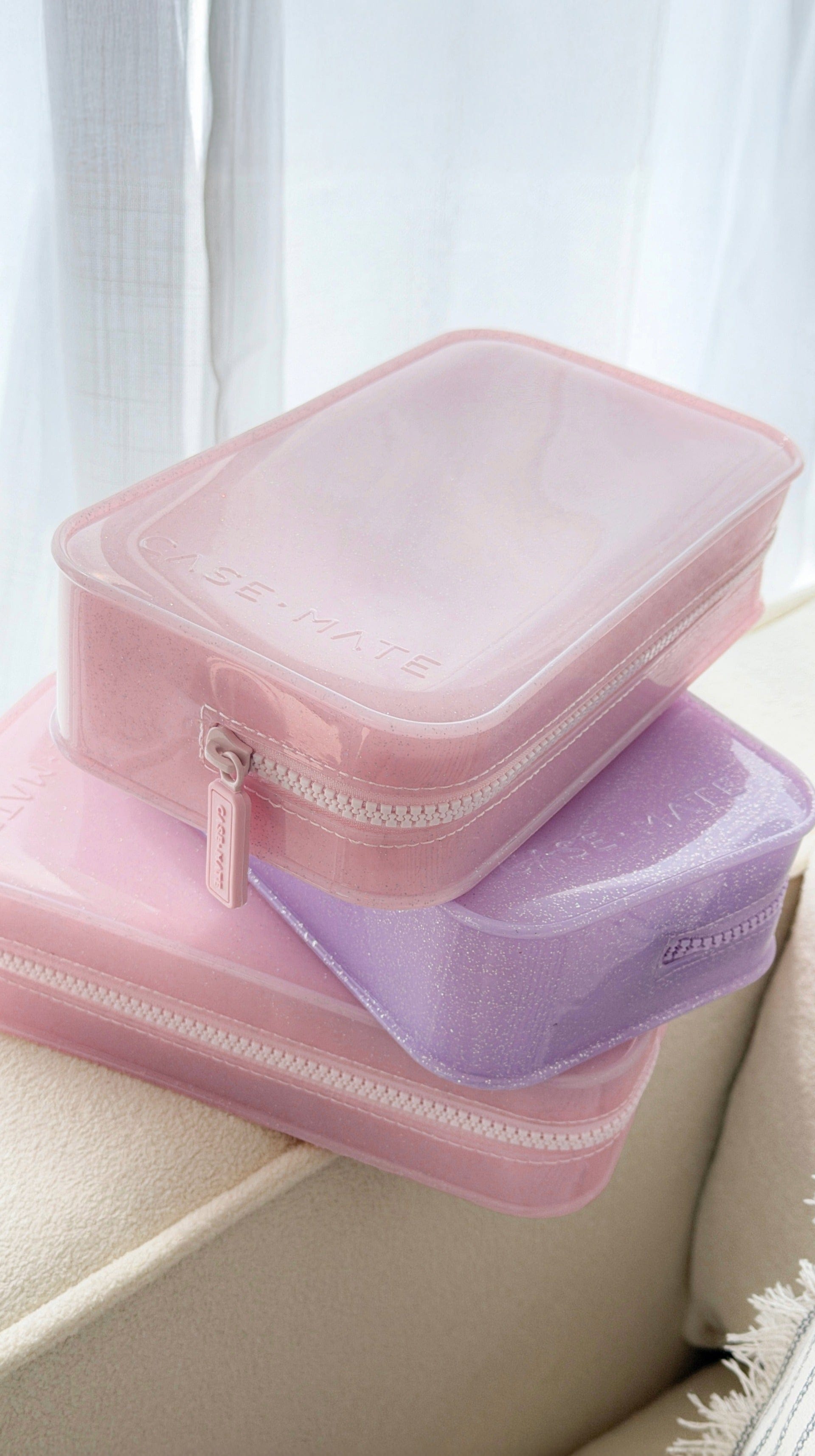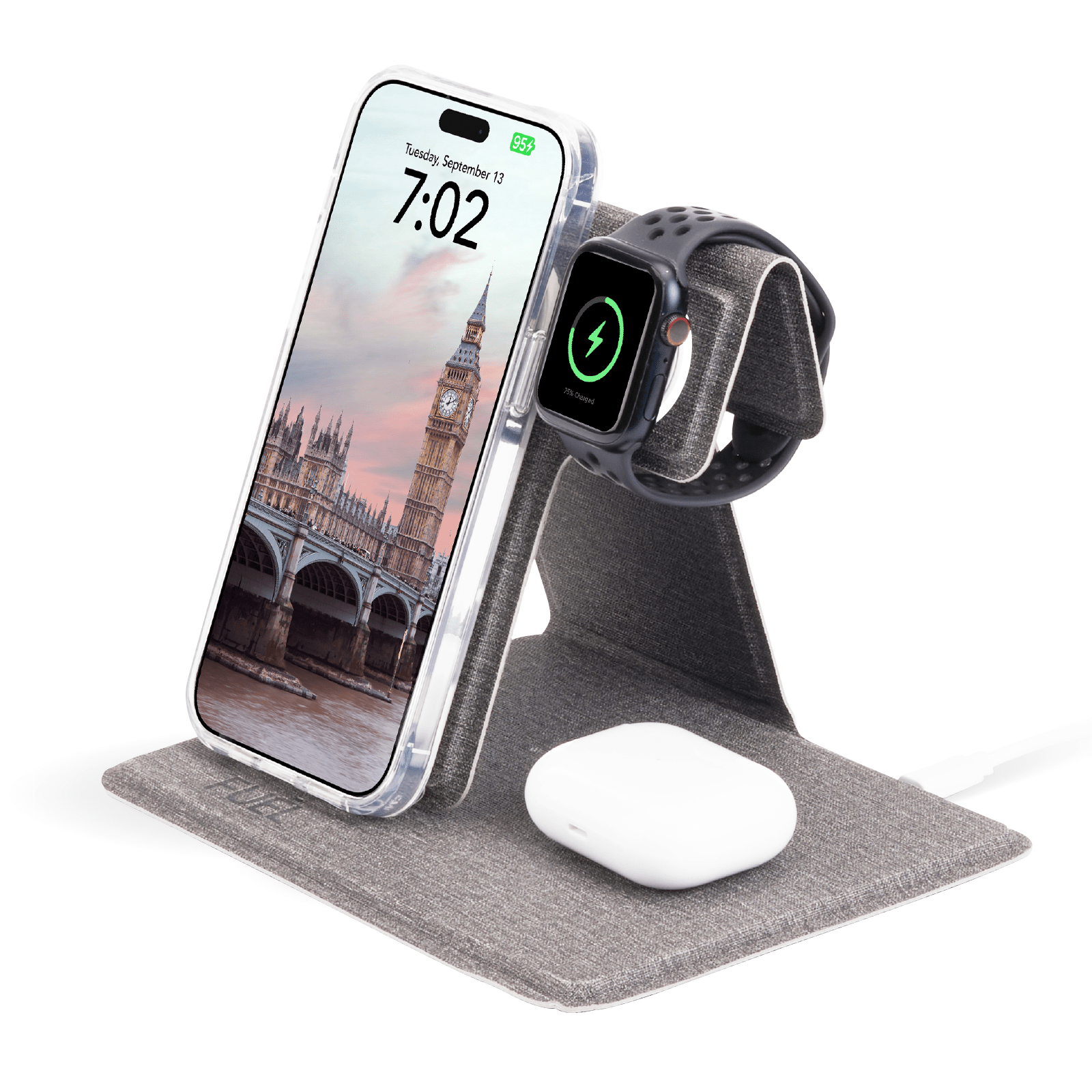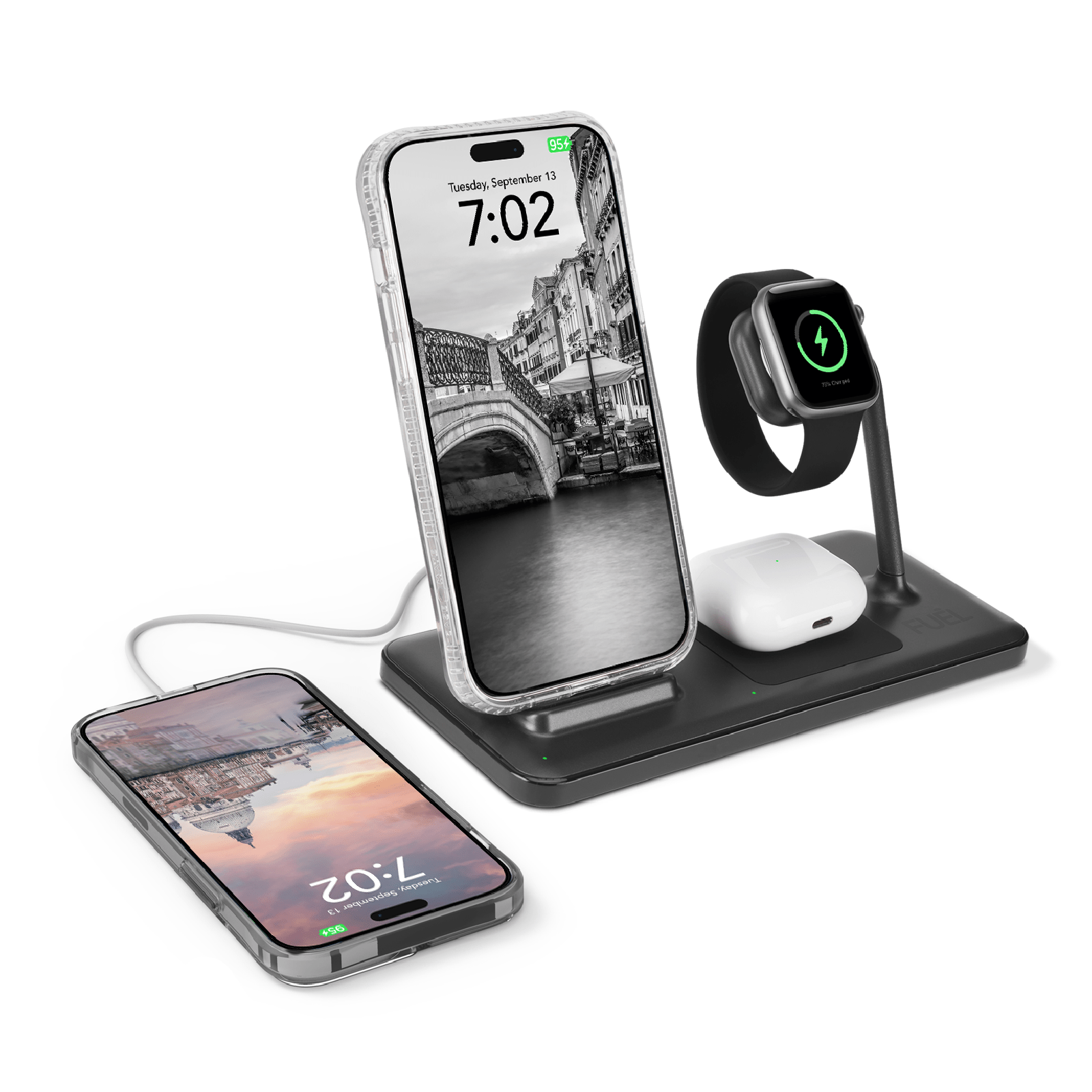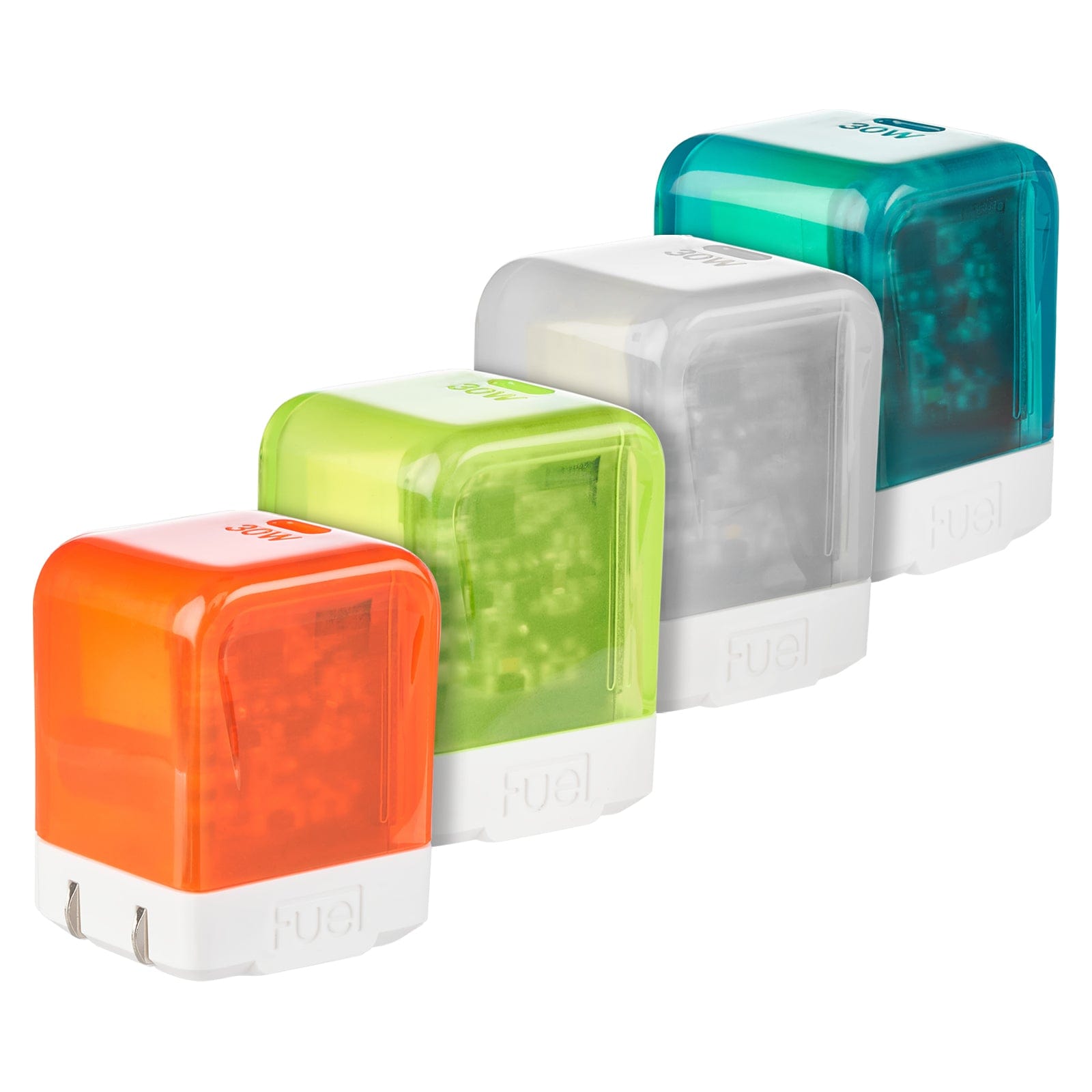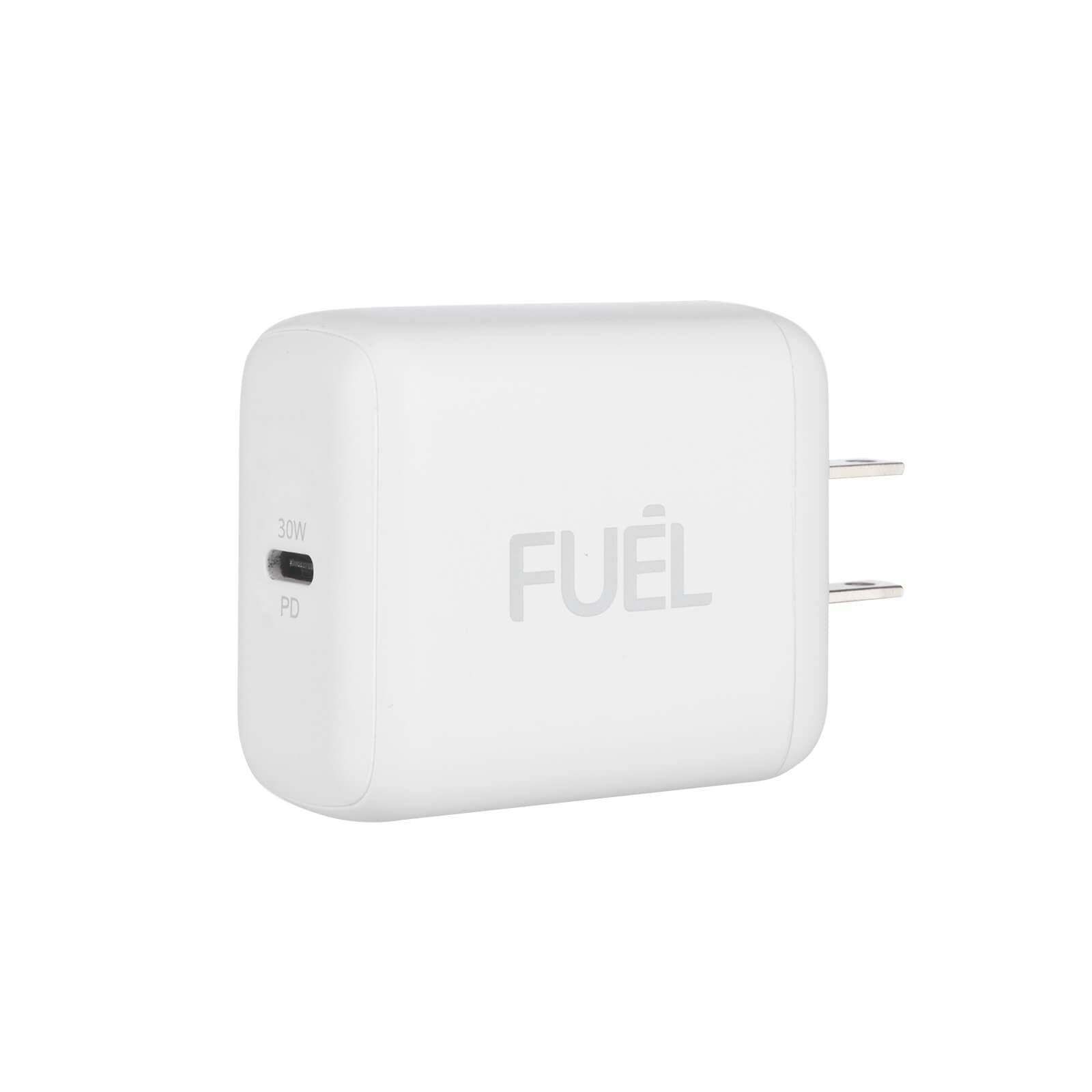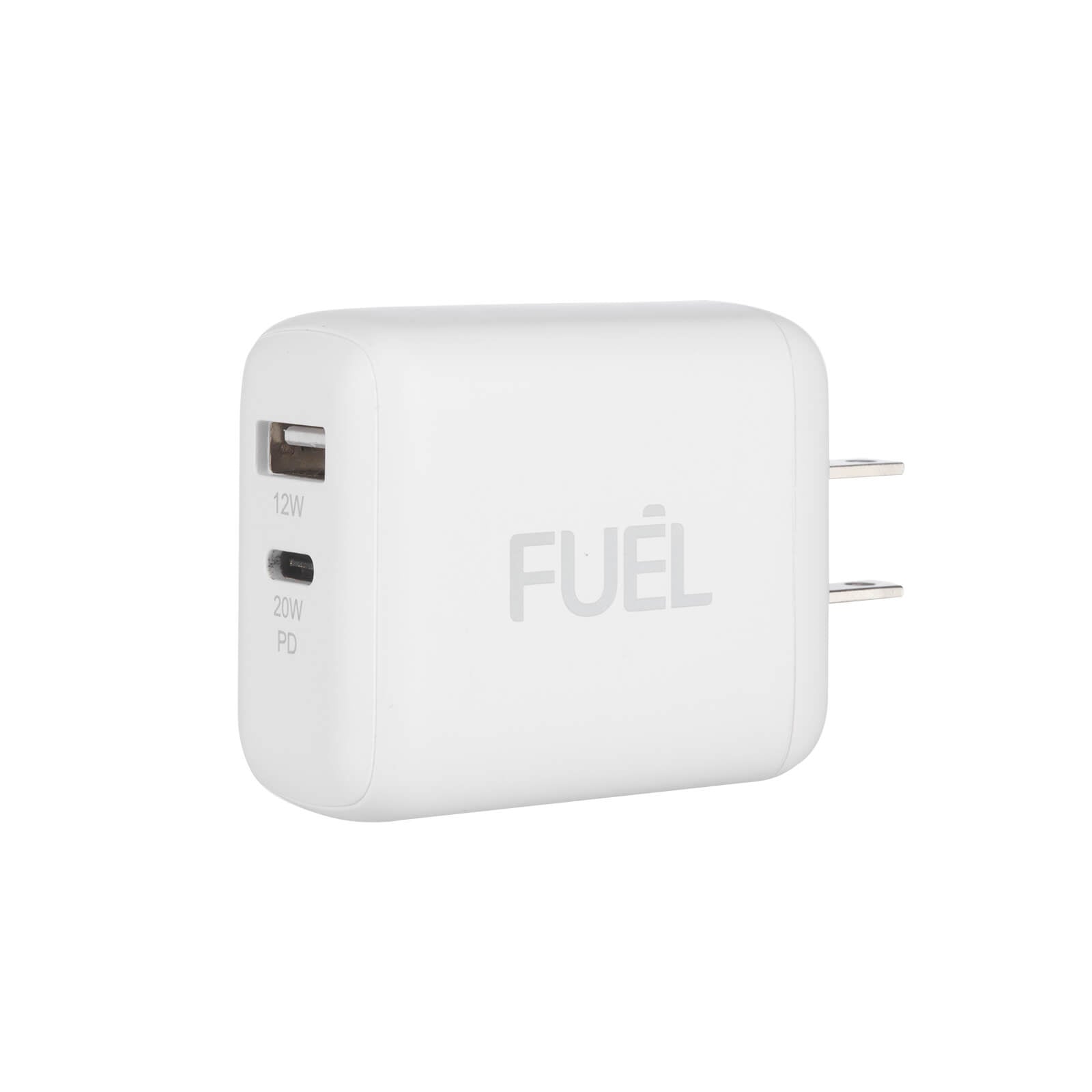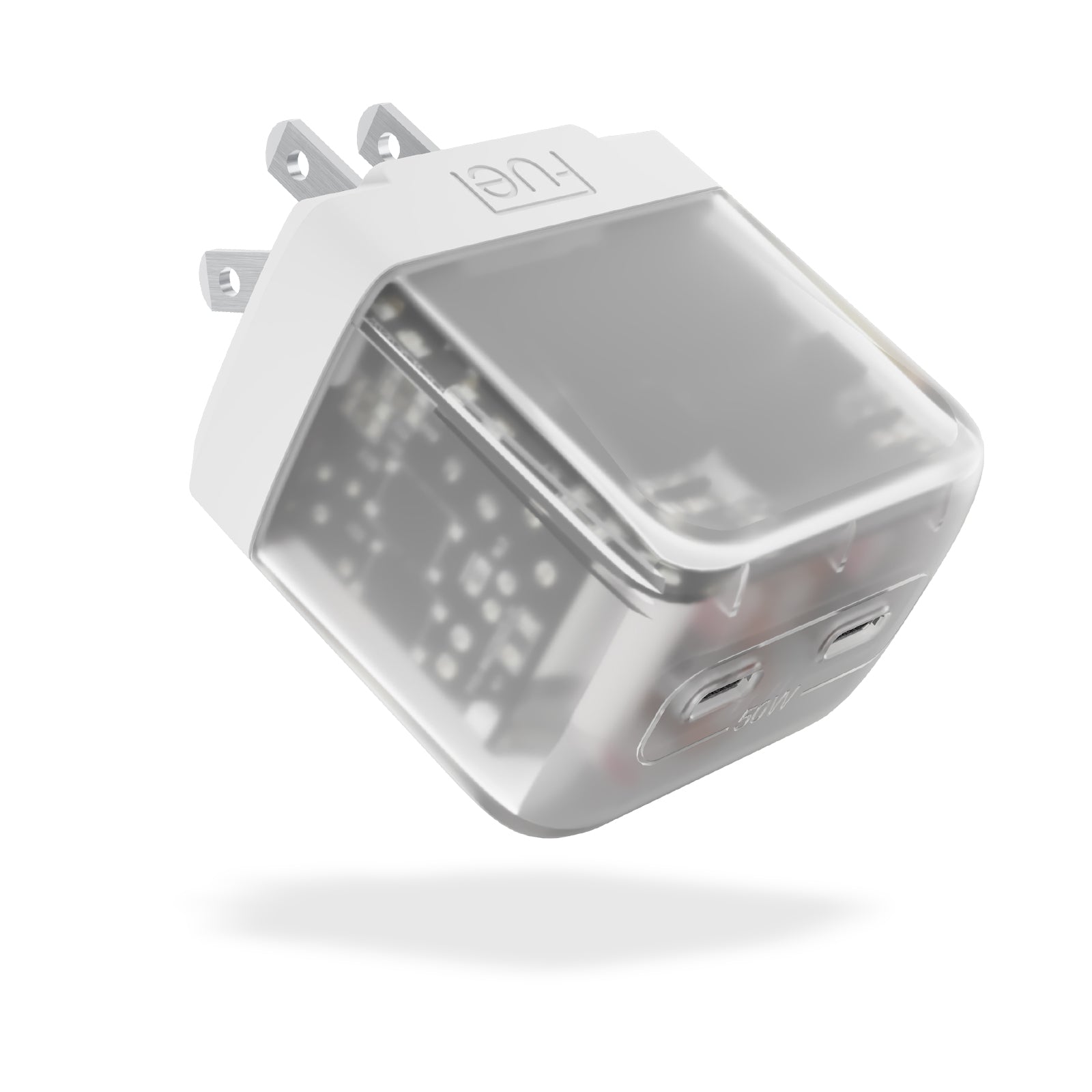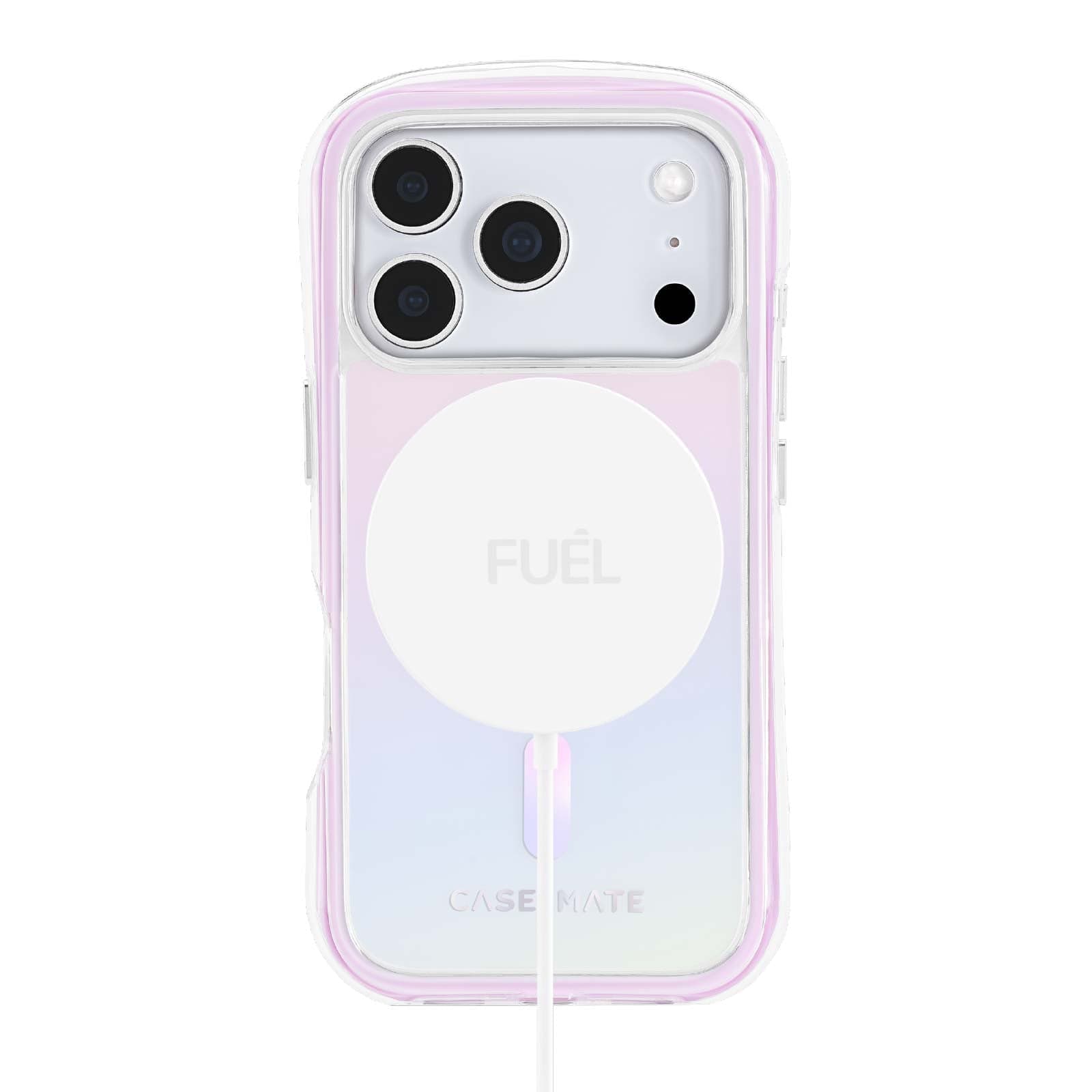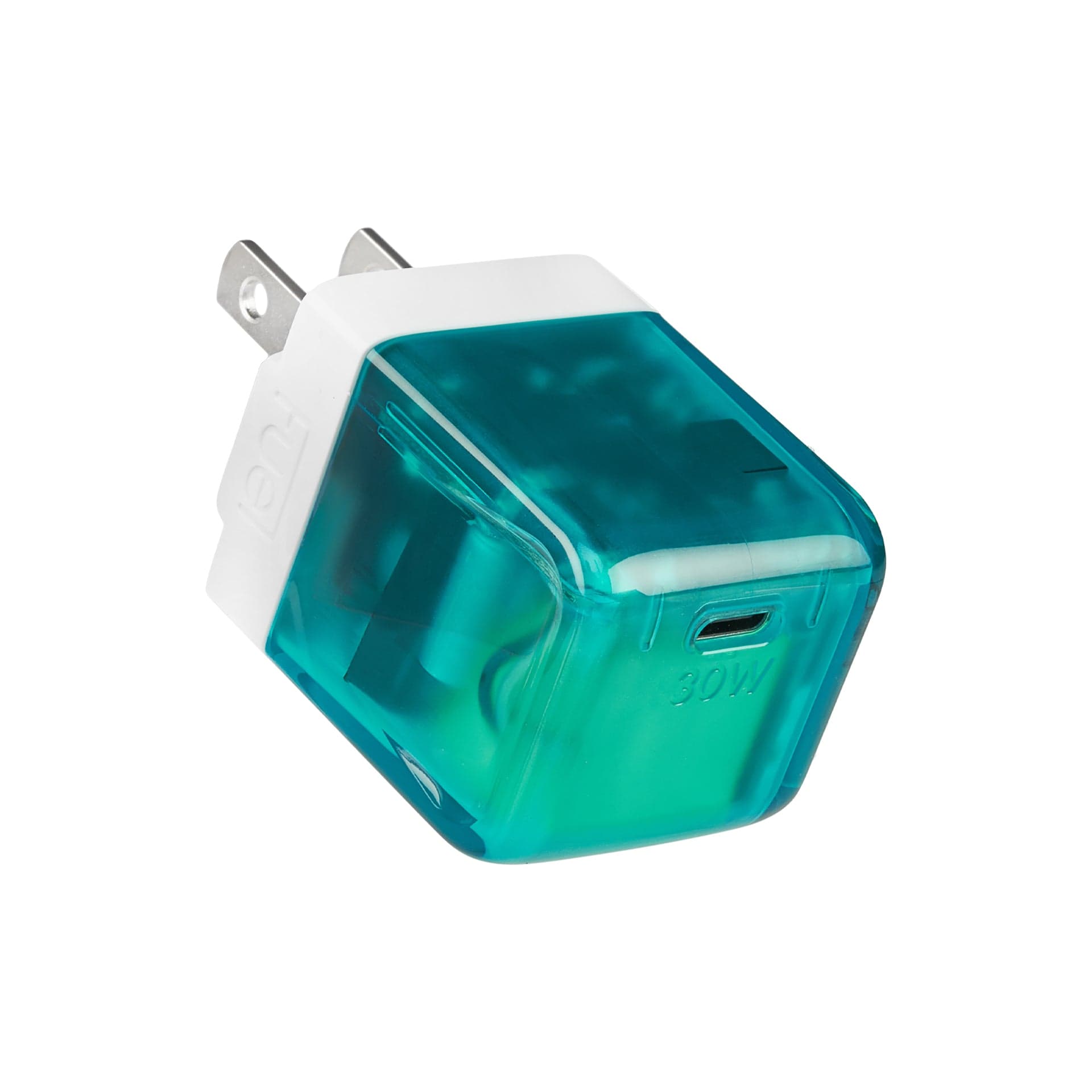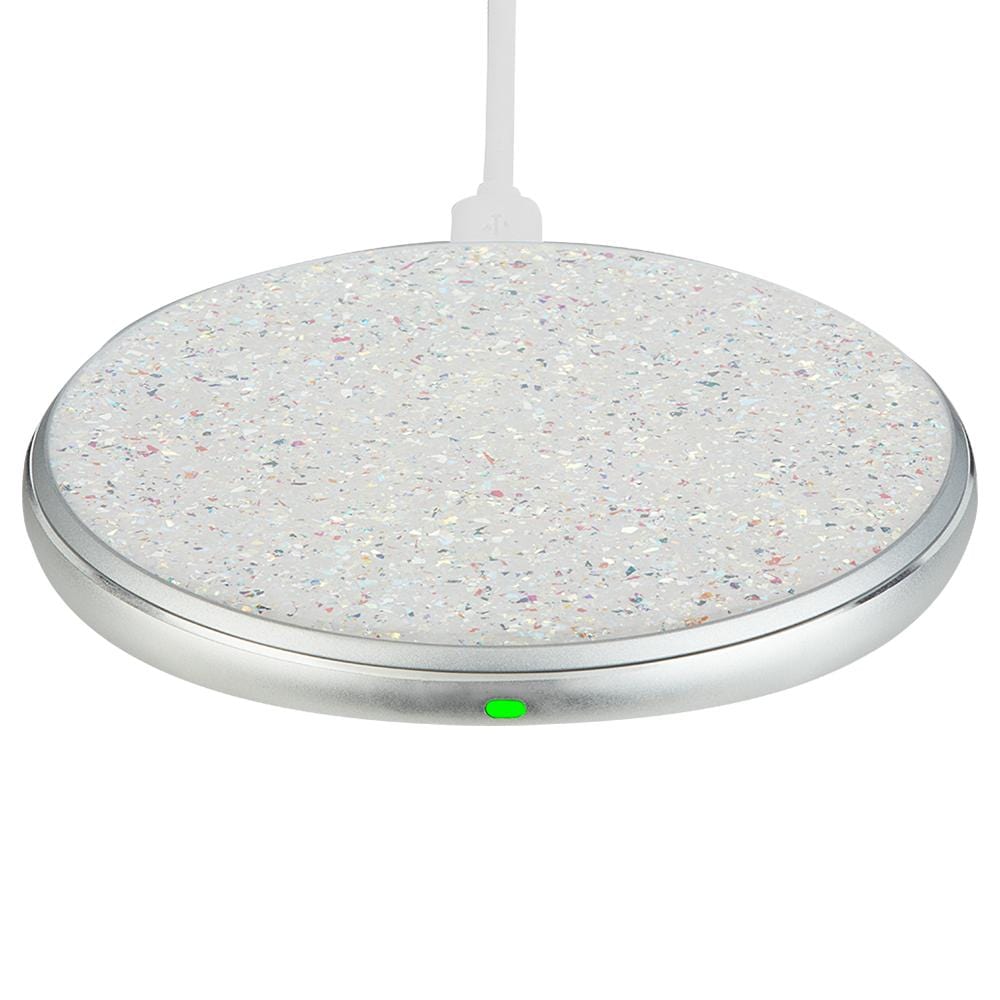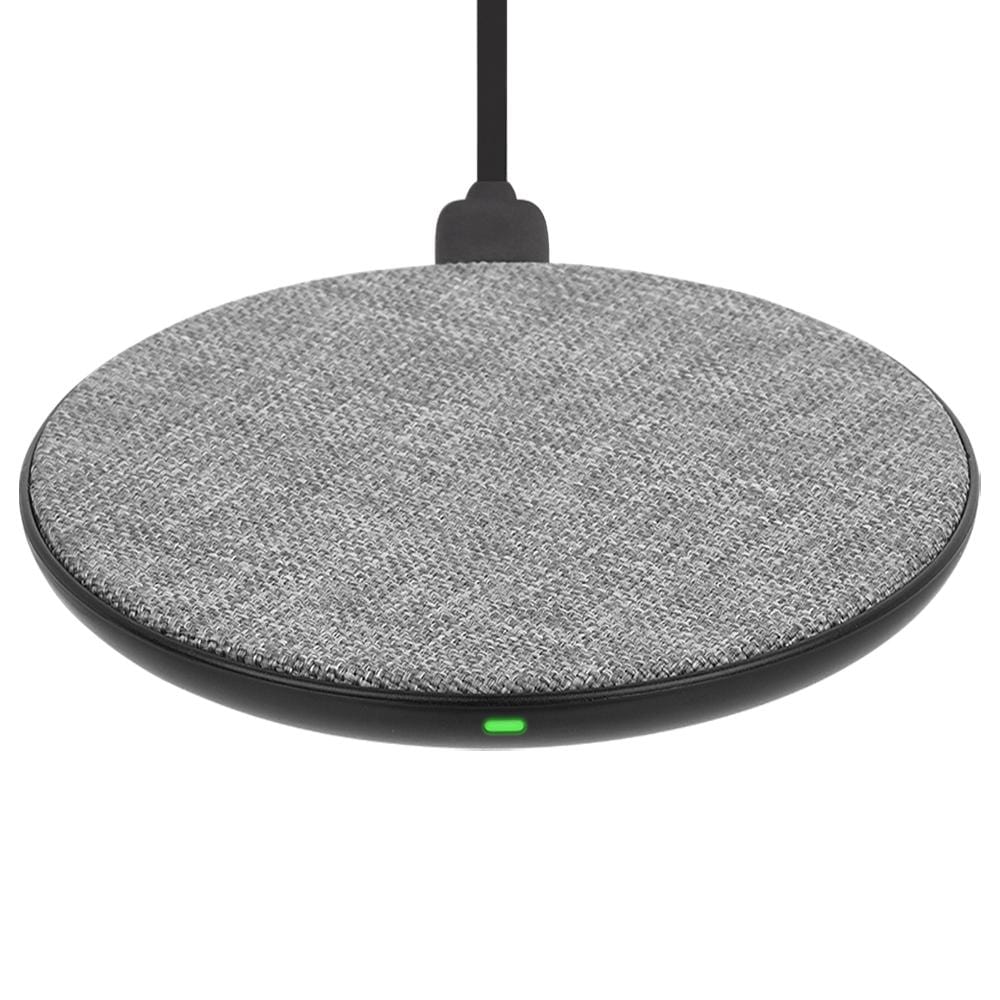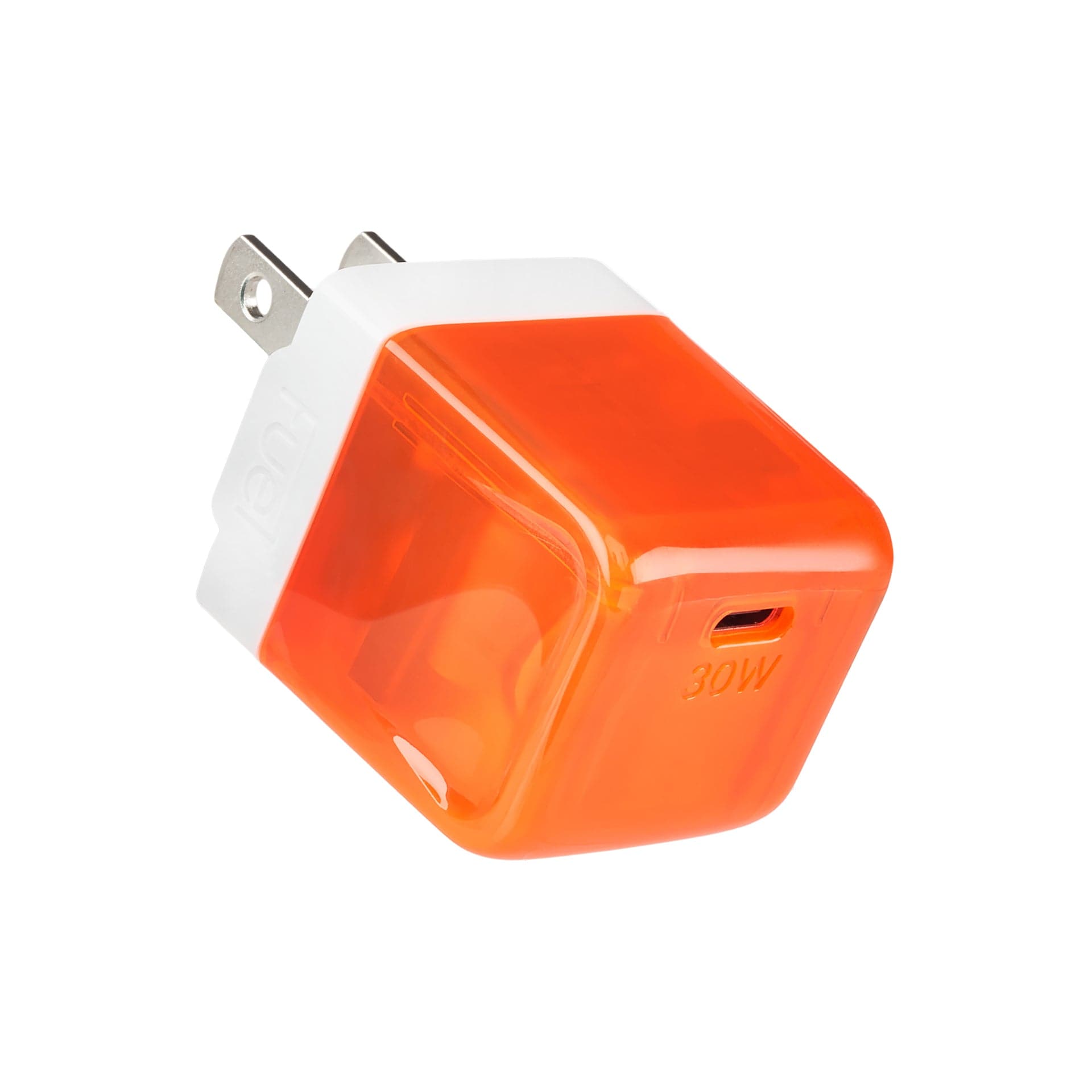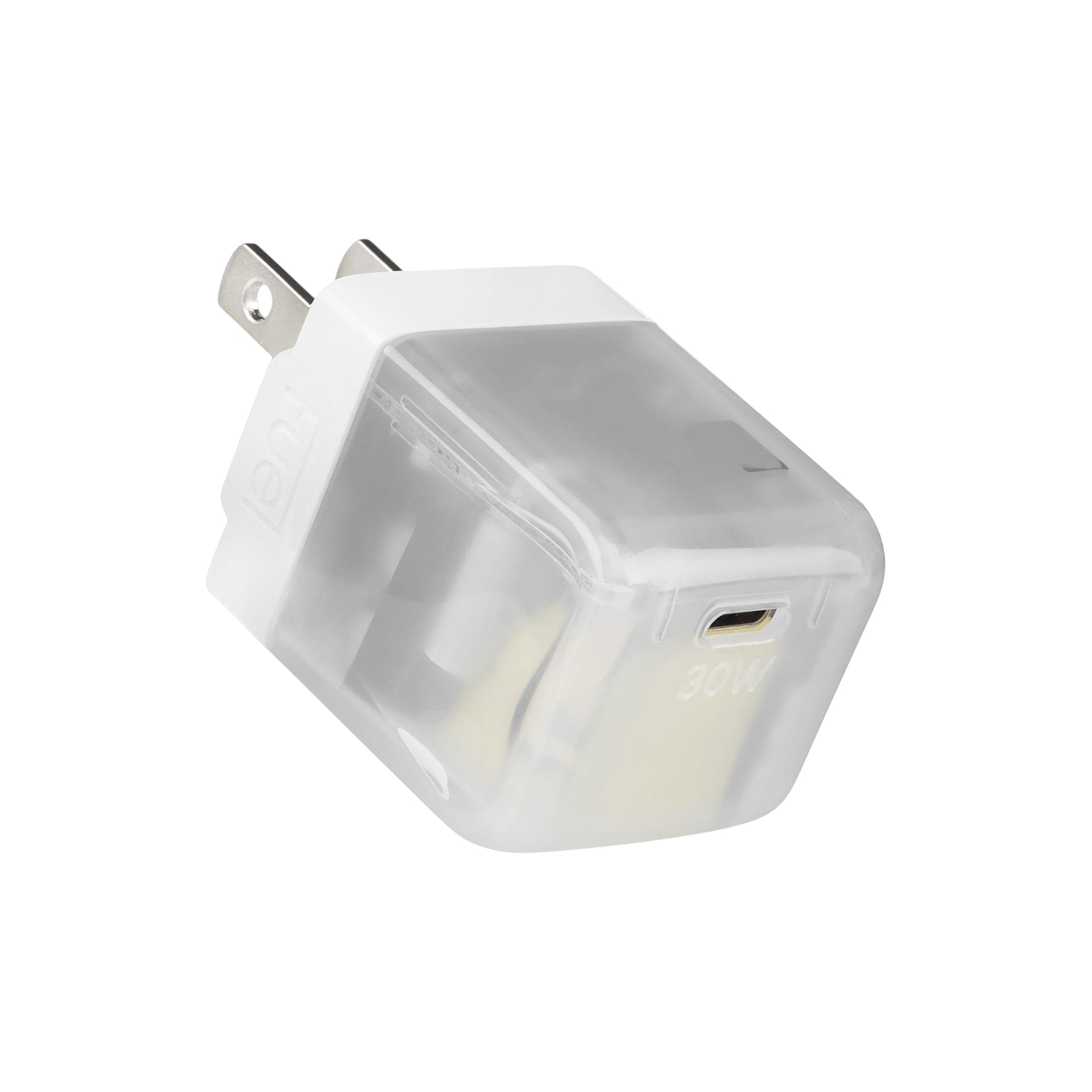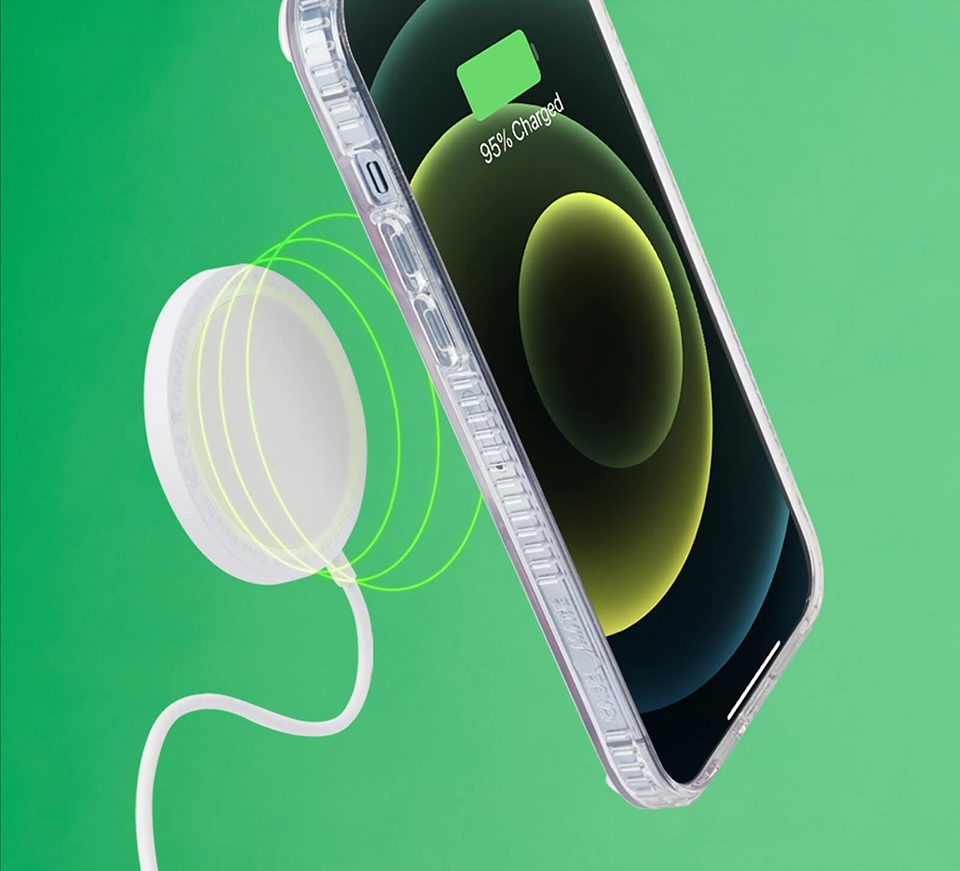Cart
Your cart is empty
By New Africa / Shutterstock.com
Most people charge their phones overnight. Not only is the time convenient — you don’t need to use your phone while you sleep! — pretty much everyone has a power outlet right by their bed. Unfortunately, leaving your phone charging for hours at a time while you sleep isn’t great for your battery and could cause its performance to decline before you’re ready to trade in your phone. Discover why charging your phone overnight is bad, and how often you should be charging your phone instead.
FAST CHARGERS
IS IT BAD TO CHARGE YOUR PHONE OVERNIGHT?
The answer to this question is slightly more complicated than a simple “yes” or “no.” Pretty much all modern smartphones require only an hour or two to fully charge up, meaning that if you leave your phone on the wireless charger overnight, it will spend most of those hours sitting at full charge or almost full charge — and sitting at 100 percent on a charge is not good for your phone’s battery.
Now, the phone will automatically stop charging when it reaches 100 percent, but it doesn’t stay that way indefinitely. If you leave your phone on the power adapter for long enough, the battery will drain a little bit to 99 percent instead of 100 percent. Then, the charger will kick in to take your phone back up to 100 percent before it shuts off again. Your phone repeats this process over and over again when you leave the phone on the charger overnight, heating the battery and prematurely wearing it down.
This premature wear and tear will be heightened if you leave your phone on the fast charger all night, every night. Charging your phone overnight occasionally probably won’t make a noticeable difference in the battery life for years to come, but if you do it every night consistently, you will probably notice your battery performance degrading over time.
If you want to optimize battery performance, there’s a better way to do it than leaving your phone on the charger overnight. Read on to discover the best way to charge your phone to stop from prematurely hurting your battery.
POWER ACCESSORIES
ALTERNATIVES TO CHARGING YOUR PHONE OVERNIGHT
Sometimes, you aren’t near an outlet until you go to sleep, and you have to leave immediately in the morning, so you have no choice except to charge it overnight. However, we recommend finding an alternative time when you can charge your phone instead.
For instance, you can plug it in an hour or two before you go to bed and then take it off the charger when you go to sleep. You can also plug it in to charge in the morning while you get ready. If neither of those options work, you can even charge your phone in short bursts during the day.
If you have been charging your phone at night because it’s the only time you can leave the phone on the fast charger long enough for the battery to get to 100 percent, fully charging your phone is not as important as you think. In fact, taking your battery all the way to 100 percent every single time puts extra stress on it and can contribute to that premature aging we were talking about.
Instead, the lithium ion batteries used in modern-day smartphones do better if you keep them within the 30 to 80 percent zone. Thus, it’s better to charge them in short bursts throughout the day than in one long stint at night. If you aren’t near a power outlet during the day, power accessories such as a small battery pack can provide peace of mind and give you a quick charge up when necessary.
If you absolutely must charge your phone at night, place it on a cool, hard surface where heat can easily disperse. This will prevent extra stress on the battery. Keep it away from lights, sunny windows, heaters and other areas that will get hot. If you happen to wake up in the middle of the night and notice that your phone is fully charged, go ahead and take it off the charger so it’s not sitting there all night.

